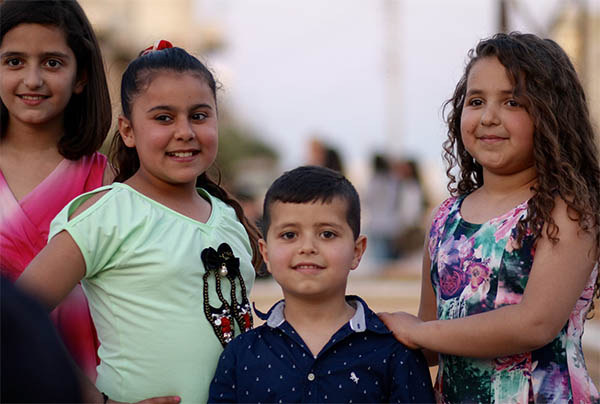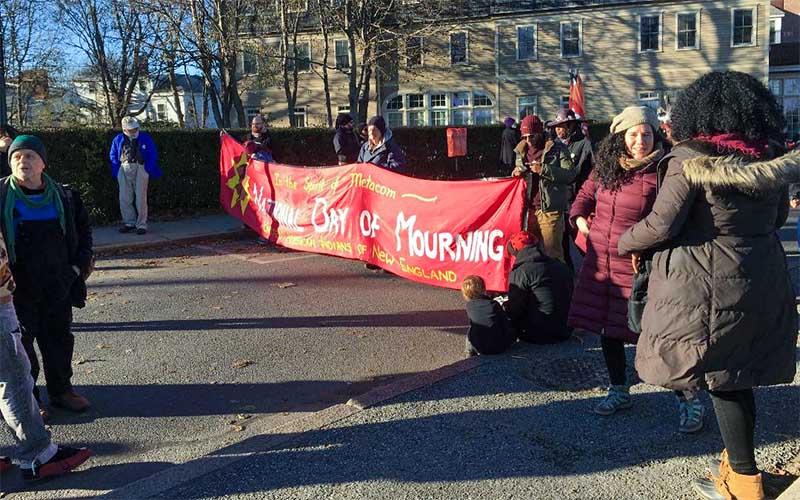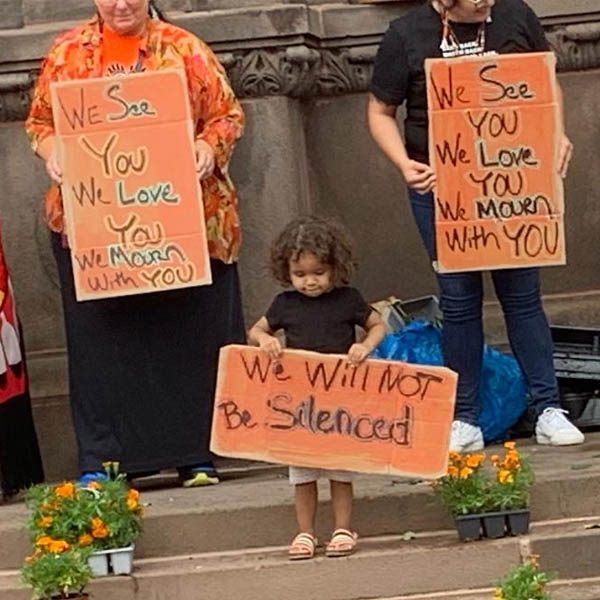November is Native American Heritage Month
The month of November is dedicated to National American Indian Heritage Month opens in a new tab. Take this opportunity to educate yourself and others about the rich and diverse cultures and traditions and to acknowledge the important and ongoing contributions of Native people. The Library of Congress has free teacher resources opens in a new tab. The National Congress of American Indians opens in a new tab provides ways to raise awareness about Native tribes in the U.S.

November 16 — International Day of Tolerance opens in a new tab
In 1996, the UN General Assembly proclaimed November 16 as International Day for Tolerance, one year after the adoption of a Declaration of Principles on Tolerance by UNESCO’s Member States. The Declaration “affirms that tolerance is neither indulgence nor indifference,” but “is respect and appreciation of the rich variety of our world’s cultures, our forms of expression and ways of being human. Tolerance recognizes the universal human rights and fundamental freedoms of others. People are naturally different from one another; only tolerance can ensure the survival of mixed communities in every region of the globe.”

November 20 — World Children’s Day opens in a new tab
This day was first commemorated in 1954 as Universal Children’s Day, to celebrate and support universal togetherness, awareness among children around the globe, and improving their welfare. From global climate change, to poverty and racism, and again this year, children will stand up for their rights.

November 26 — National Day of Mourning opens in a new tab/Thanksgiving Day
Traditional Thanksgiving Day in the U.S. is not celebrated by Indigenous peoples. The National Day of Mourning was begun in Plymouth, MA by the United American Indians of New England (UAINE).
Every year for over 50 years, UAINE and supporters have gathered on the fourth Thursday of November at 12 noon at Cole’s Hill in Plymouth, MA, just up the hill from Plymouth Rock and around the statue of the Wampanoag leader Massasoit. The event is named National Day of Mourning to remember that for many Indigenous people in the U.S., Thanksgiving Day is not a celebration but a reminder of the violence and genocide that has marked Native lives since the landing of the Mayflower. This year’s events will be live and virtual. Go to uaine.org opens in a new tab for more information or the United American Indians of New England Facebook page opens in a new tab for more information on the events. Here is a history of the Day of Mourning.


